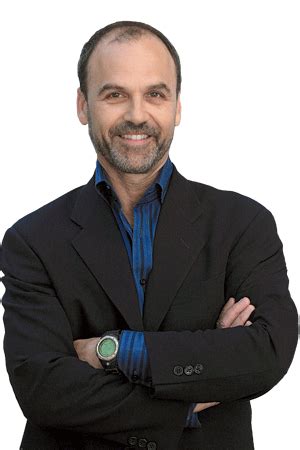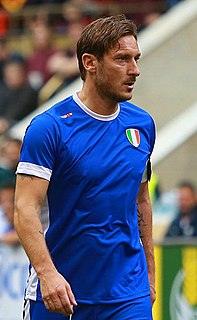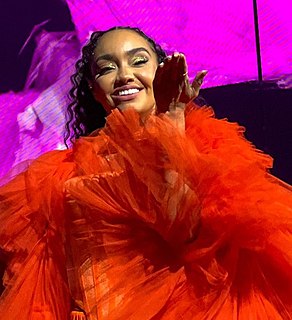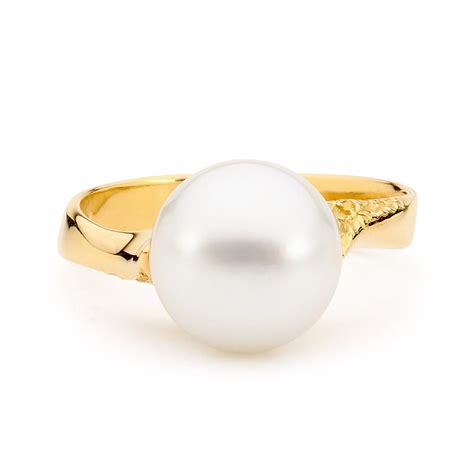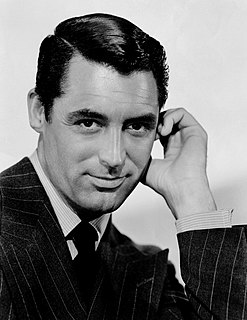A Quote by Jamaica Kincaid
I didn't really understand racism because I grew up in an all-black society, so I didn't see how it was possible not to like me!
Related Quotes
I would say I'm black because my parents said I'm black. I'm black because my mother's black. I'm black because I grew up in a family of all black people. I knew I was black because I grew up in an all-white neighborhood. And my parents, as part of their protective mechanisms that they were going to give to us, made it very clear what we were.
The problem is that white people see racism as conscious hate, when racism is bigger than that. Racism is a complex system of social and political levers and pulleys set up generations ago to continue working on the behalf of whites at other people's expense, whether whites know/like it or not. Racism is an insidious cultural disease. It is so insidious that it doesn't care if you are a white person who likes Black people; it's still going to find a way to infect how you deal with people who don't look like you.
I see racism as institutional: the rules are different for me because I'm black. It's not necessarily someone's specific attitude against me; it's just the fact that I, as a black man, have a much harder time making an art-house movie and getting it released than a white person does about their very white point of view. That's racism.
I grew up in traditional black patriarchal culture and there is no doubt that I’m going to take a great many unconscious, but present, patriarchal complicities to the grave because it so deeply ensconced in how I look at the world. Therefore, very much like alcoholism, drug addiction, or racism patriarchy is a disease and we are in perennial recovery and relapse. So you have to get up every morning and struggle against it.
I'm writing about the things I see all around me. Growing up in Mississippi, I've seen how these backward ideas about class and race and healthcare and education and housing and racism impact everyday lives. For example, my mother wouldn't let me go to my homecoming dance because the yacht club where they were having the dance threw a fundraiser for David Duke, an ex-Klan member, when he was running for governor of Louisiana. So I grew up seeing how personal politics could be.
I think that people all grow up and have their same personalities, but you can say, "Oh, I can see the roots of this personality, which I didn't like, but then you grew up, and I can still see you as that person, but I do really like you now." Which is sort of how I feel about children - I mean, about children who I knew when I was a child and grew up with, and they're still my friends, and children that I know as children who I see growing up, and every year I like them more.
I grew up in Columbia, Maryland, a planned community built during the sixties. During the early years, it was very integrated. I grew up being taught by black teachers with black principals and vice principals and, you know, a lot of black friends. We played in mixed groups, and I kind of thought that was how it was.
Racism should be viewed as an intervening variable. You give me a set of conditions and I can produce racism in any society. You give me a different set of conditions and I can reduce racism. You give me a situation where there are a sufficient number of social resources so people don't have to compete for those resources, and I will show you a society where racism is held in check.
I was a self-centered bore. I was masochistic, and only thought I was happy. When I woke up and said, "there must be something wrong with me", I grew up. Because I never understood myself, how could I hope to understand anyone else? That's why I can truly say that now I can give a woman love for the first time in my life, because I can understand her.


